There are many different types of eye infections, with different causes and treatments. They can be caused by bacterial, viral, or fungal agents and all parts of your eye can contract an infection. You may get an eye infection in one eye or both, and this may occur at any age.
Symptoms of Eye Infections
Some of the more common eye infections are conjunctivitis, blepharitis and trachoma.
Eye infections are often resolved with minimal or no treatment. However, when they don’t heal quickly, they can lead to more severe problems. Whilst not all eye infections are considered dangerous, some of them do require medical attention.
Symptoms you may experience
- Red eyes
- Watery eyes
- Persistent Itching
- Eye discharge
- Flaking of the eye lids
- Discomfort
- Blurred vision
- Eye pain
- Swollen eyelids
Common Eye Infections
- Conjunctivitis – viral, bacterial, allergic and fungal
- Herpes Simplex Virus
- Herpes Zoster (shingles)
- Corneal Ulcers and Keratitis
- Scleritis/Episcleritis
- Styes and Chalazion
- Blepharitis
- Cellulitis
- Trachoma
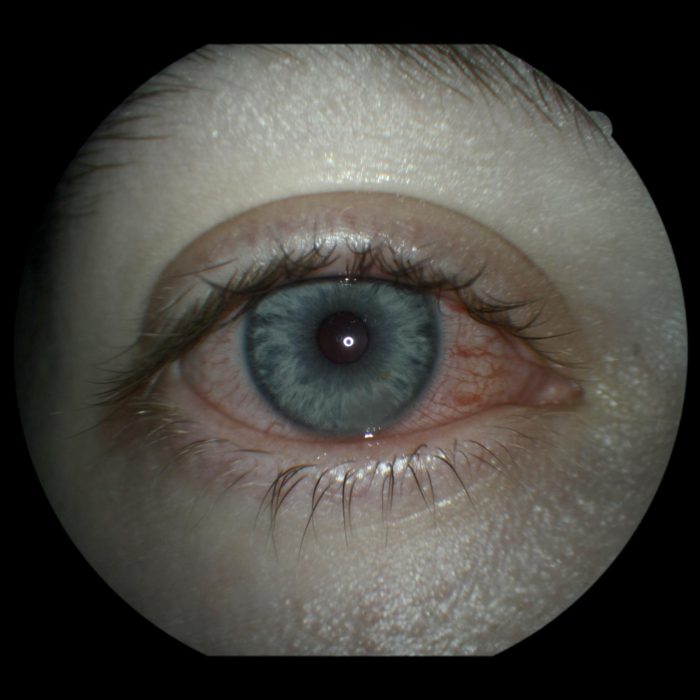
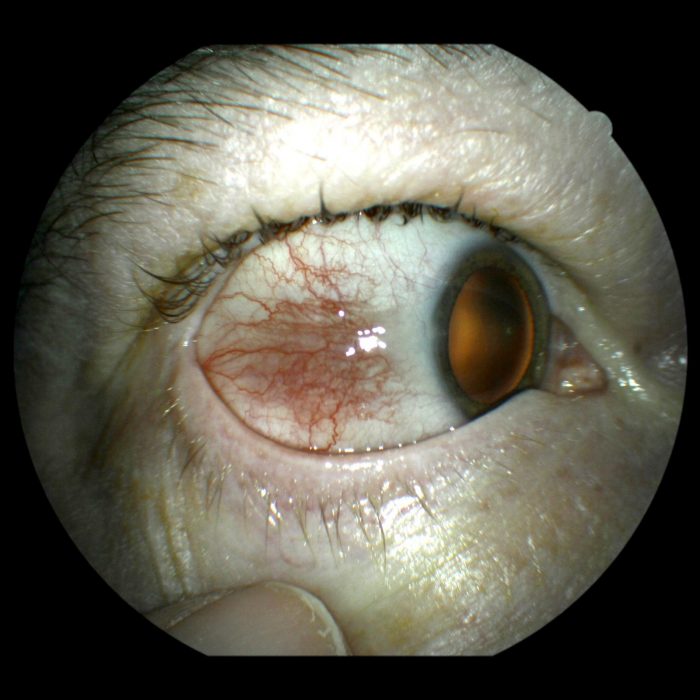
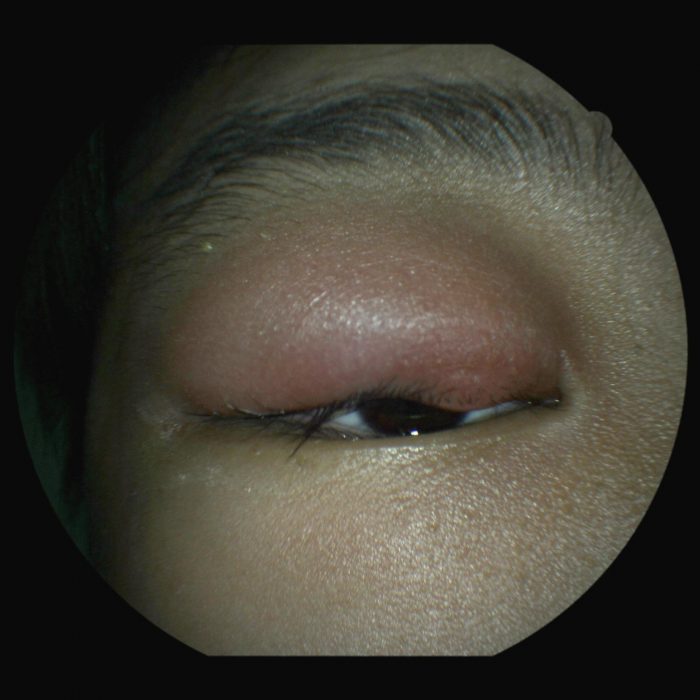
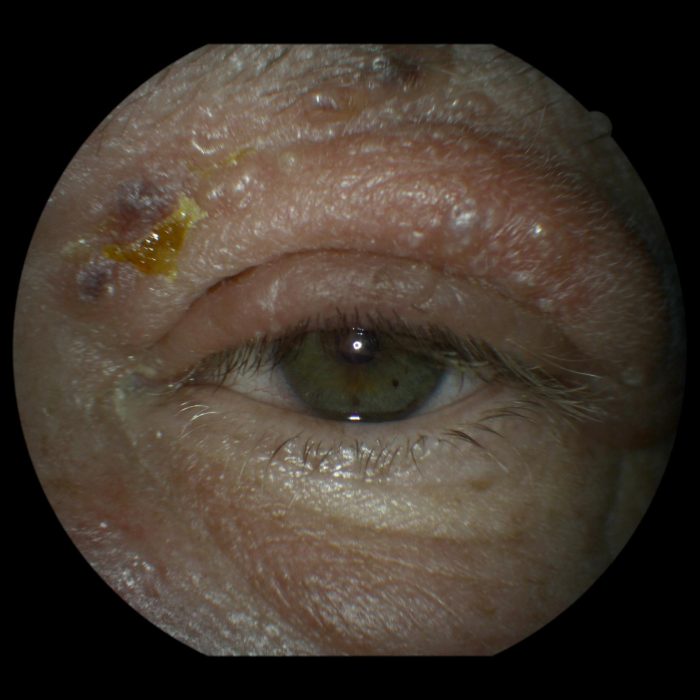
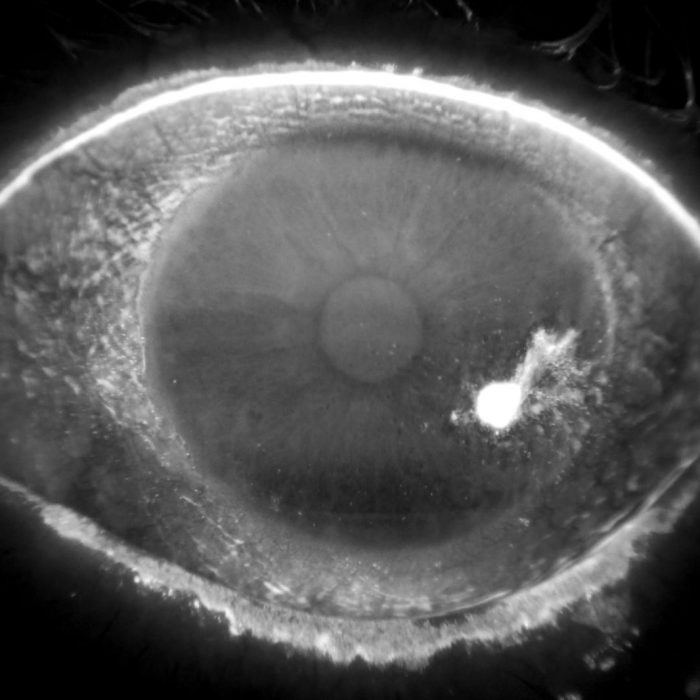
Treatments for Eye Infections
It is important to establish if your eye infection is contagious so that you don’t spread it to others. It is also important to establish the cause of the infection to prevent recurrences. We will discuss with you the causes and treatments. This may include staying away from work or school, applying drops and ointments or using warm/cold compresses to alleviate your symptoms. Depending on the cause, eye infections may last for days or weeks. In some cases, new symptoms may appear during treatment.
How to avoid getting an eye infection
- Wash your hands well and often; this is the most important and effective way to prevent spreading contagious infections to someone else.
- Avoid touching your face and eyes; if you must apply medicine or make-up to the area around your eyes, wash your hands before and after the application.
- We may advise you to avoid eye make-up, especially do not share eye make-up.
- Do not share towels, face cloths or pillows.
- We may advise you not to wear your contact lenses if you have an infection. Clean and disinfect your lenses and storage case thoroughly before using them again.
- Always protect your eyes in windy, hot, dusty, or otherwise harsh environments.
- Wear safety glasses or goggles when around chemicals.
